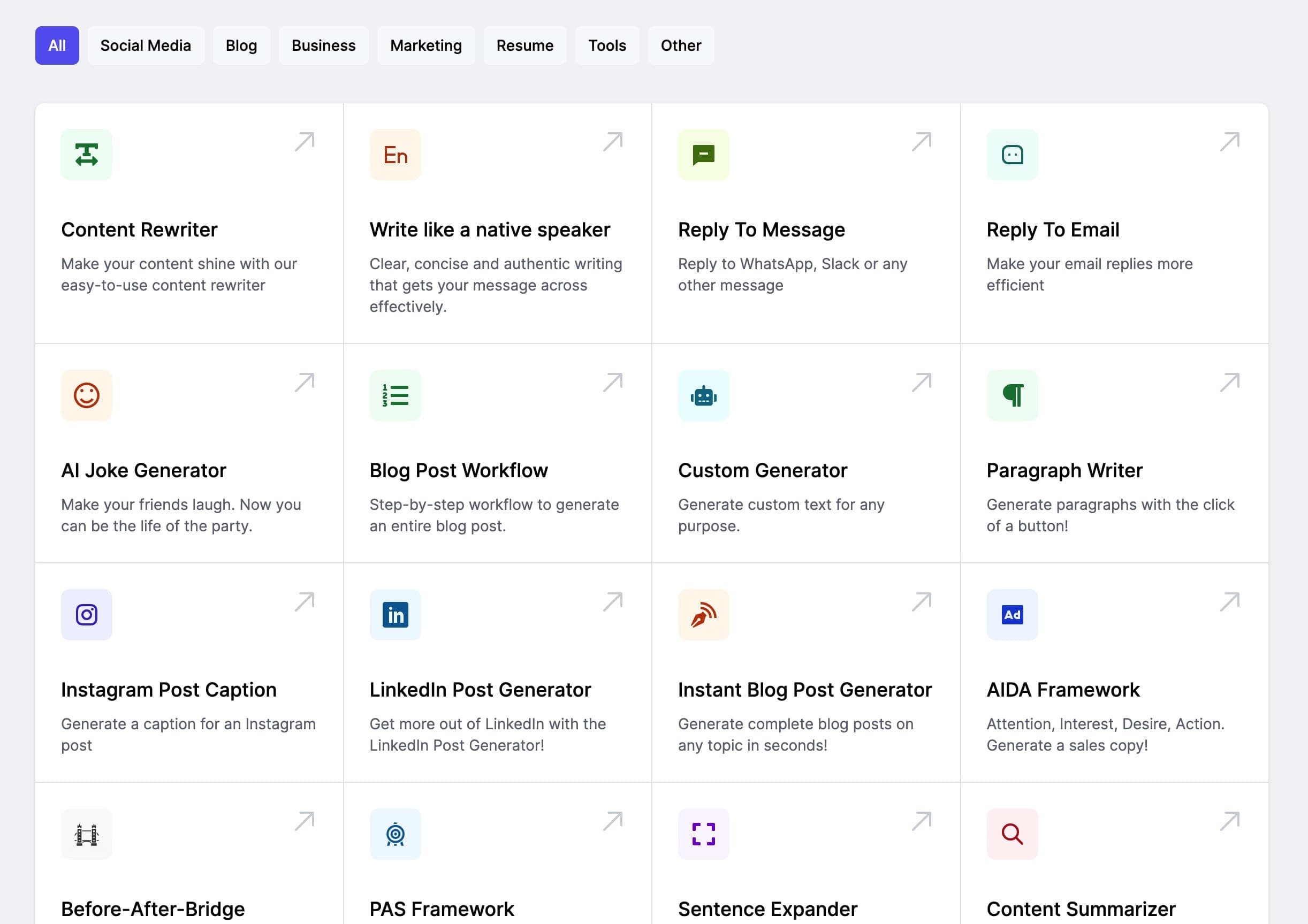AI in education
Slide 1: Introduction to AI in Education
Title: Revolutionizing Learning: The Power of AI in Education
Hook: Imagine a classroom where every student gets personalized learning experiences, tailored just for their needs and learning pace.
Introduction: Today we'll explore how AI is making this a reality, transforming the educational landscape.
Slide 2: AI in Education - An Overview
Definition of AI in Education: Artificial Intelligence (AI) involves machines and algorithms designed to perform tasks typically requiring human intelligence.
Relevance: AI is not just a tool but a transformational force in educational settings, impacting teaching, learning, and administration.
Slide 3: Enhancing Personalized Learning
Key Concept: AI tailors learning experiences to meet individual student needs.
Example: AI algorithms can analyze a student's learning history and style to recommend resources that match their exact learning pace and preferences.
Impact: Increases engagement and improves learning outcomes.
Slide 4: Automating Administrative Tasks
Key Concept: AI streamlines complex administrative tasks, saving time and resources.
Example: AI-powered tools automatically grading assignments and managing schedules.
Impact: Teachers spend more time teaching and less on administrative duties.
Slide 5: Real-Time Feedback and Assessment
Key Concept: AI provides immediate feedback to students and educators.
Example: Software that evaluates students’ responses during a lesson, offering instant feedback and suggestions for improvement.
Impact: Enhances learning efficiency and student performance.
Slide 6: Challenges and Ethical Considerations
Concerns: Privacy issues, dependency on technology, and biases in AI algorithms.
Ethical Considerations: Ensuring data privacy, mitigating biases, promoting equitable AI use.
Call to Action: Need for transparent policies and ethical AI development in education.
Slide 7: Case Study: XYZ School’s AI Implementation
Background: XYZ school incorporated AI to support diverse learning needs.
Results: 30% improvement in student engagement and a 25% increase in exam scores within one academic year.
Testimonial: Quote from a teacher about the positive impact of AI tools.
Slide 8: The Future of AI in Education
Looking Ahead: Trends and potential future developments in AI for education.
Opportunities: AI's role in global education equality, lifelong learning, and continuous education.
Vision: A world where technology and education merge to unleash human potential.
Slide 9: Conclusion & Key Takeaways
Recap: AI is reshaping education through personalized learning, administrative efficiency, and real-time feedback.
Final Thought: As we embrace AI, we must navigate its challenges thoughtfully to fully harness its educational potential.
Quote: "Education is the most powerful weapon which you can use to change the world." - Nelson Mandela
Slide 10: Q&A
Engage: Open the floor for questions and further discussion.
Invite Feedback: Encourage audience to share their thoughts and perspectives on AI in education.
This presentation structure ensures a coherent flow, addressing the potential of AI in education, considering ethical issues, providing real-world examples, and encouraging interactive engagement. The tone is kept professional, informative, and inspiring, suitable for an audience of educators, technology enthusiasts, and educational policymakers.
